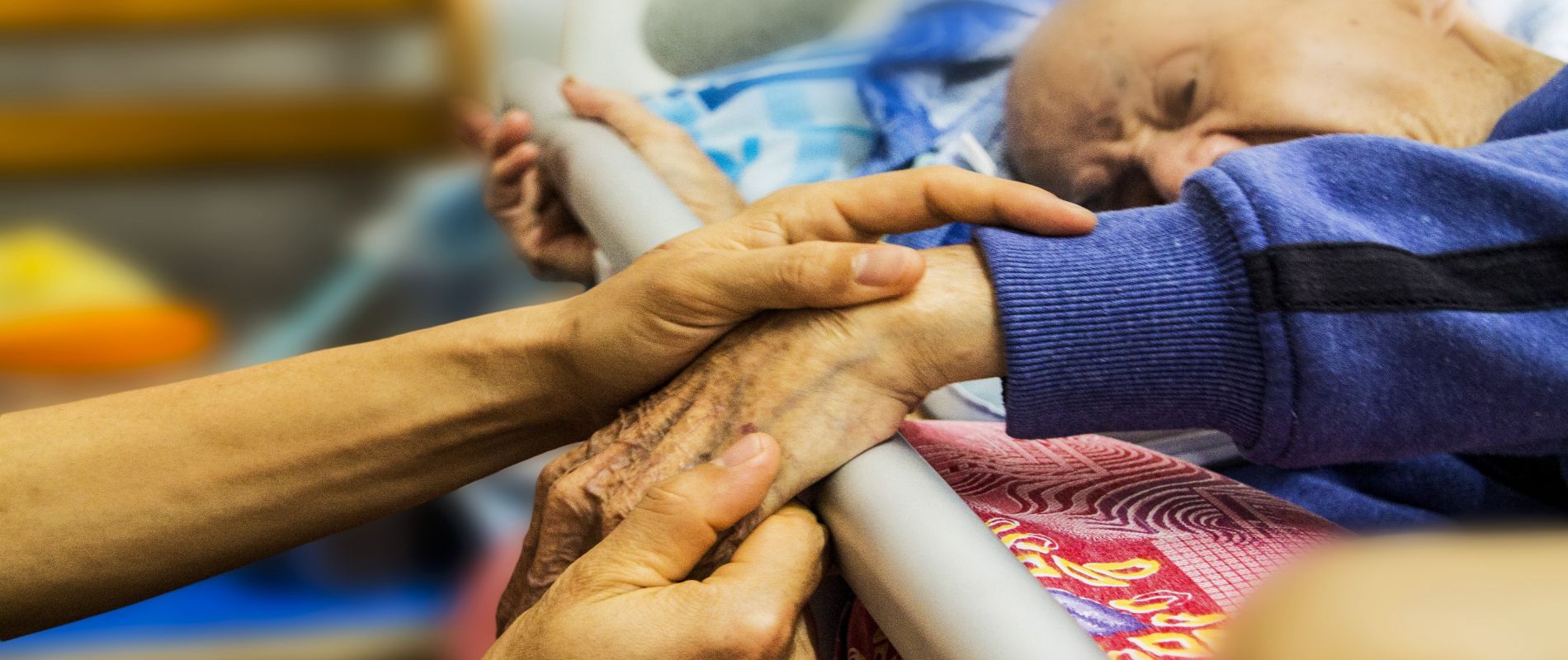You don't need to be the expert to offer care and make a difference.

Our cafe' was packed when we offered a class on Depression.
Dr. Michael Ballard, from Grace Counselling, taught a session of Continuing Education for our Stephen Ministers. We opened it to the congregation and community. The title was,
"Understanding Depression and Caring for Someone Who is Depressed."
Some in the class battle depression and others care for someone who is depressed, either as a Stephen Minister or as a family member or friend. Depression is "going around."
Everybody experiences episodes of "the blues." Grief causes deep sadness and there are many events that trigger anger, anxiety and other dark emotions that most of us would prefer to avoid even though we can not. Fortunately these feelings subside and as long as we avoid regrettable behavior during the episode, we will get through it without too much trouble.
But, clinical depression is beyond an episode of the blues.
Dr. Ballard led a discussion that produced key identifiers of clinical depression. It is more than and episode of "the blues." Next is the list I recorded it in my notes.
- Can't sleep.
- Change in appetite.
- Sluggishness and/or restlessness.
- Isolation.
- Lack of pleasure in things that were once enjoyed.
- Flat emotion.
- Lack of concentration.
- Sad mood--extended.
- Thinking about death. Not necessarily suicide ideation, but curiosity about the next life due to the darkness of this life.
- Crying spells, often with little to no reason.
"It is a two ton wet blanket covering the depressed person, who needs help getting out from under it."
I had a conversation with Patrick Jeter when he was a therapist at Denver Springs Behavior and Addictive Hospital. That is how he described depression.
Both therapists emphasize the need for validation, non-judgement, presence, support in very basic needs and avoiding the tendency to have all the answers.
Often the clinically depressed person need professional help. Our best efforts to care for them do not seem to be enough and they are stuck in a deep pit. Perhaps meds are required.
But, in every case the essential caring skills are useful that reveals the relevance of care ministry.
They can be a great support to people during their clinical treatments and in many cases are adequate without professional help. In the 7 Essentials for Caring that Makes a Difference, we see how we can make a difference, even if we are not in the professional world of the licensed therapist or the clinical psychiatrist.
- Allow God's love for the depressed to grow in you and flow through you. God loves the depressed person. He is close to people in their darkest times and it is then that He does his most memorable work.
- Focus on others. This is hard with the depressed person because they can really bring down the mood. But when we are focused on others, the most important question is is, what is their need, not how do they make me feel.
- Be present. Isolation makes depression worse. Just to have someone available or present will make a difference. The depressed person tends to feel misunderstood and that they are in this alone. Having someone who cares for them is valuable beyond measure.
- Listen extremely. Don't try to cheer them up. Listen to how bad they feel. This can be tortuous for the happy person to listen to the complaining of a depressed, glass half empty, gloomy person, but this is a necessary step toward the door to a better place. At some point, when they feel heard, they will even hear themselves. Probably they do not what to be where they are and they will begin to take more steps in the right direction.
- Practice patience. I'm sorry, but there is no quick fix. This will take time, perhaps a long time. When we read the Psalms 11, 22, 44 and other Psalms of lament, it is clear that the dark place of the psalmist is not someone having a bad day. It was an extended dark time.
- Don't do it alone. To avoid getting caught in the darkness and to protect yourself from mistakes of trying to fix the person, or not refer to a professional when they need that level of help, have someone you trust, preferably a pastor or care ministry leader, who will listen to your account of the caring relationship.
- Be ready. Depression is "going around." There are a lot of triggers in our world right now that push people toward dark emotional places.
At this dynamic and troubled time in history, if we make caring effectively for people a priority, sharpen our skills and offer the best care, we will make a difference and be the most sought after people in our community.











